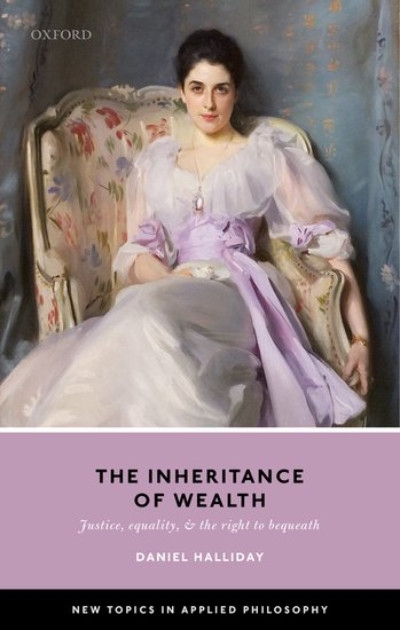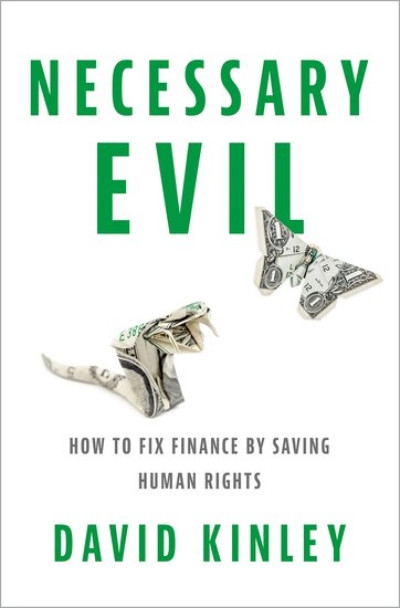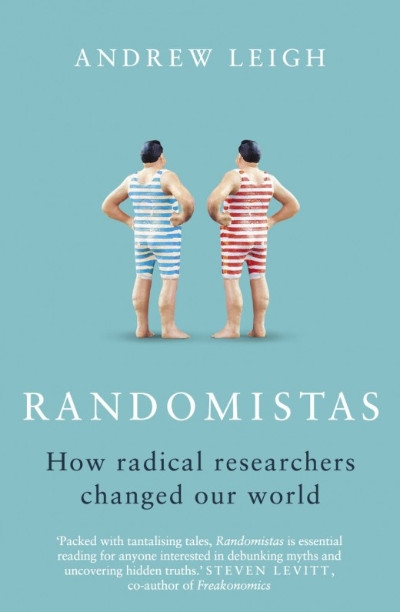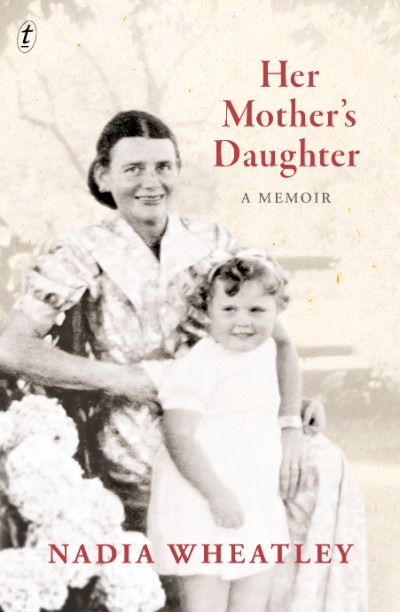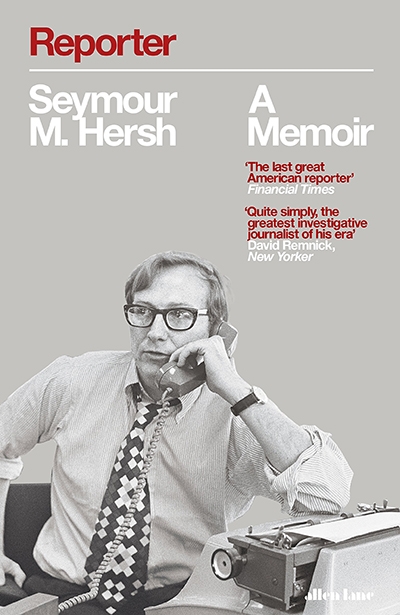Non Fiction
The Inheritance of Wealth: Justice, equality, and the right to bequeath by Daniel Halliday
To what extent does the social practice of inheritance undermine social justice? Indeed, if inheritance does further inequality, should we, in order to ensure a fairer society, restrict the right to bequeath? A mainstay of political philosophy since the late seventeenth century, questions such as ...
... (read more)Strangers Next Door?: Indonesia and Australia in the Asian Century edited by Tim Lindsey and Dave McRae
During World War II, thousands of Indonesians arrived in Australia, brought by the colonial Dutch as they fled Japan’s military advance through Southeast Asia, and Molly Warner wanted to get to know them. She and other Australians established an association that sought ...
... (read more)Necessary Evil: How to fix finance by saving human rights by David Kinley
Necessary Evil: How to fix finance by saving human rights, by David Kinley, a law professor at the University of Sydney, originates in the conclusion of his 2008 book looking at the social trade-offs of what he termed Civilising Globalisation. Kinley’s new book attempts to ...
... (read more)Randomistas: How radical researchers changed our world by Andrew Leigh
One day not that far away, I suspect, hot-metal memoirs will grow cold on the slab. Thus the triumph of technology over the nostalgia of those days when journalistic skills included not only being up to shorthand speed but being able to read upside down and back to front. The latter skill ...
... (read more)Antipodal Shakespeare: Remembering and Forgetting in Britain, Australia and New Zealand, 1916 - 2016 by Gordon McMullan and Philip Mead et al.
In 1916, the 300th anniversary of Shakespeare’s death coincided with the first anniversary of the Gallipoli landings, thus providing the impetus for this absorbing study of memory and forgetting, and what the authors call a specifically ‘antipodal’ dynamic of asymmetrical commemorations across ...
... (read more)The latest publication by former New South Wales Premier Bob Carr, a prolific author since leaving federal politics in 2013, is a political memoir that defies the norms of this often-predictable genre. Largely abandoning chronological narrative, Carr offers a disjointed sequence of nearly ...
... (read more)When John Norman Wheatley met Nina Watkin in Germany in 1946, he would have regarded her as a lesser being on all fronts: woman to his man, forty to his forty-eight, Australian to his English, nurse to his doctor. They met as fellow employees of the United Nations Relief and ...
... (read more)The cover image on Seymour Hersh’s memoir, Reporter, could hardly be improved. Taken in 1974 in the newsroom of The New York Times, it shows Hersh with his left elbow propped on a typewriter with blank paper in the roller, sleeves rolled up and patterned tie loose around an unironed ...
... (read more)When the bloated and pocky corpse of literary studies is finally thrown from the battlements of the ivory tower in a futile attempt to appease the unappeasable forces of neoliberal corporatism, the thoughts of the incorrigible few who thought it was a worthwhile intellectual pursuit ...
... (read more)
